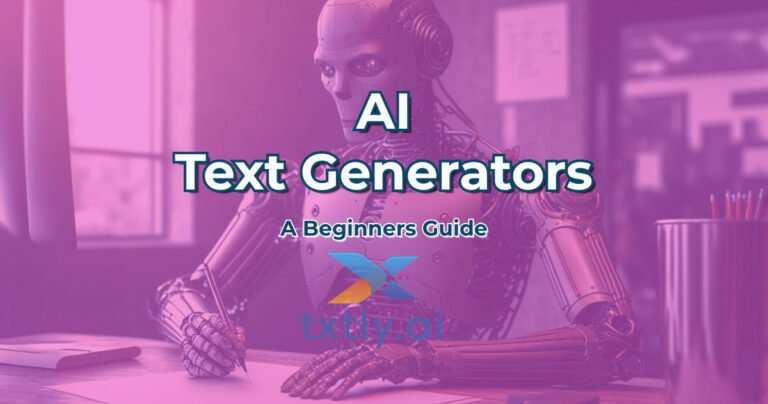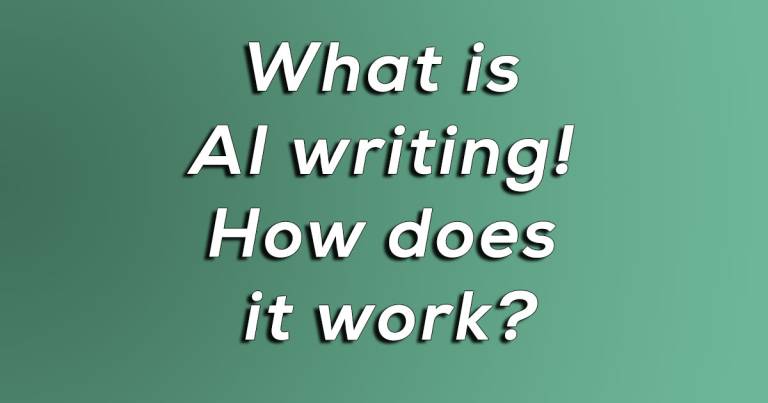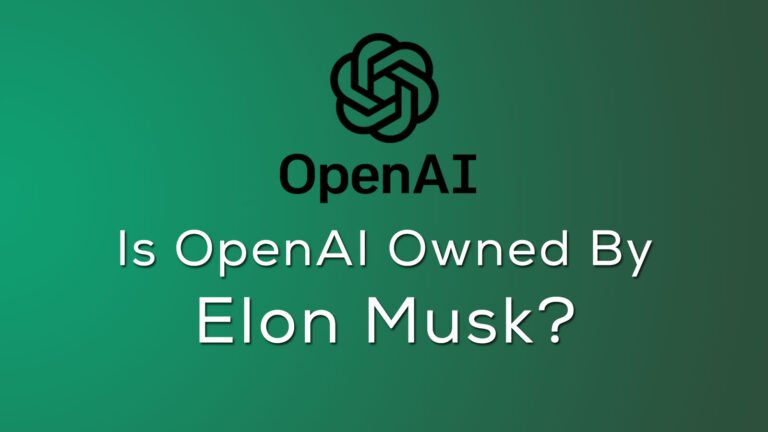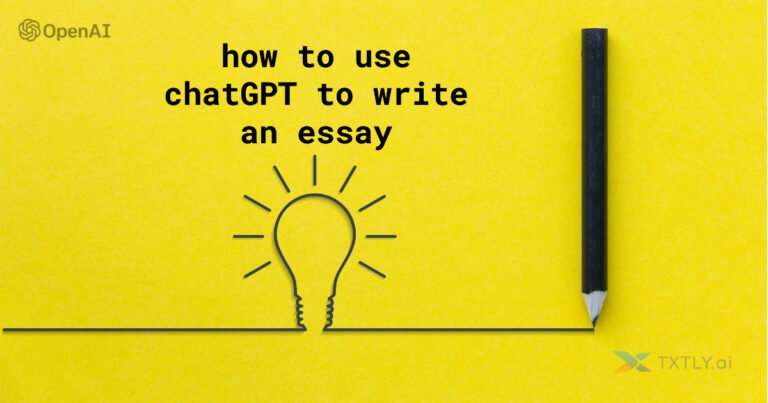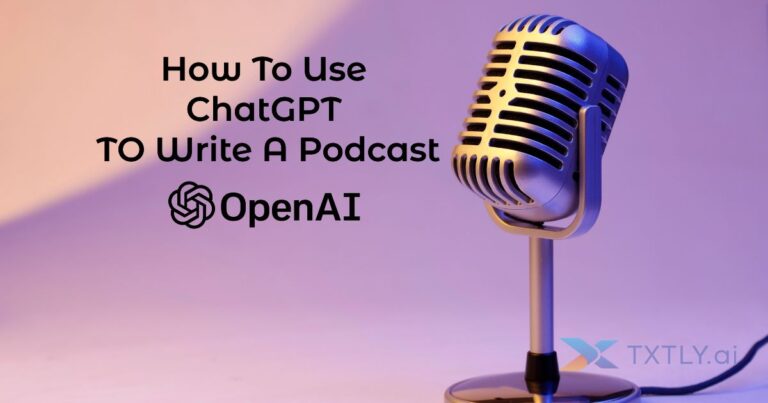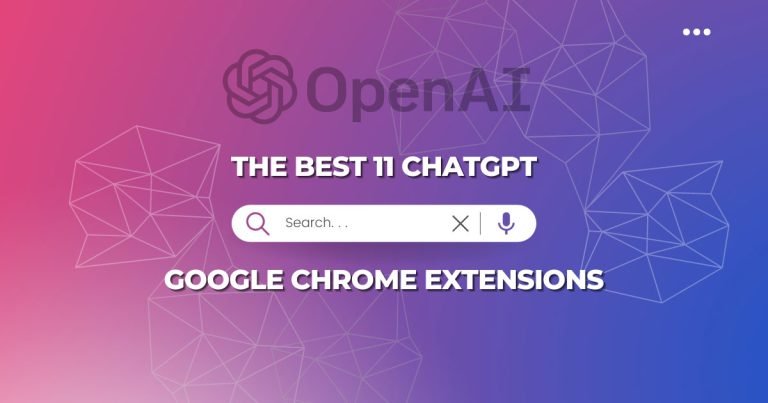Unbelievable – Can AI Written Essays Be Detected?
Have you heard of AI-written essays? Yes, i’m sure you have It’s when a computer program writes an essay for you to meet an academic learning standard. It might sound tempting to use one to save time and effort, but it’s cheating.
Here’s the thing: writing an essay takes effort.
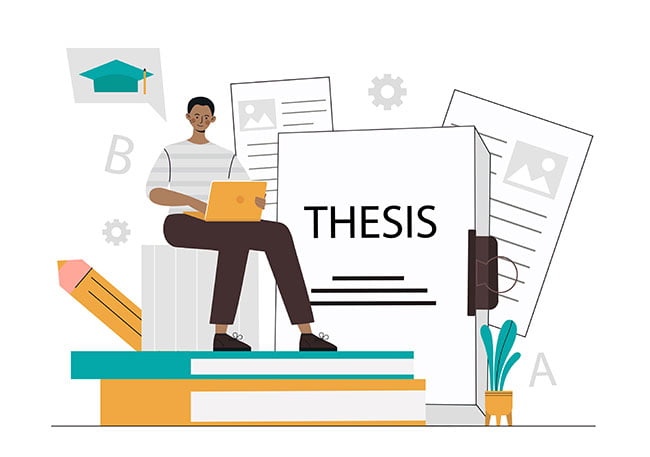
You must think about a central point, organize your ideas, and use evidence to support your arguments. When you use an AI-generated essay, you’re not putting in the work. The computer program is designed to generate a unique piece that meets the requirements of a university or college’s writing request.
Still, it has a different purpose than a human-written essay – to convince the reader.
Is it possible to get caught using an AI-written essay? While many schools and colleges use tools to detect plagiarism, there are currently few tools available to identify AI-written essays specifically.
However, using an AI-generated essay is a bad idea. It’s unfair to the people who put in the effort to write their essays.
It’s best to be honest, and put in the effort to write your own essay. It might take more time and effort, but it’s worth it in the end. Much of the learning is in the research and evidence gathering which you don’t do when using AI technology to write your essay.
Can Essays Written By AI Be Detected?
Yes, essays and articles written by artificial intelligence (AI) can be detected.
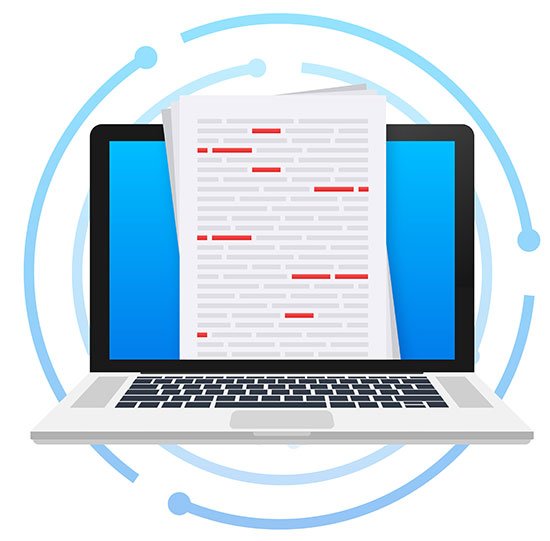
Edward Tian of the University of California, Berkeley’s Graduate Program in Creative Intelligence developed a program called GPTZero to identify AI-written essays from a list of human-written ones.
The app can identify various markers present in AI-written essays, including plagiarism, superficiality, and lack of originality.
As academics have been searching for an answer to the question “what makes prose human?” there have also been numerous attempts by AI writing tool designers to mimic the human touch.
AI for writing essays has become a common practice. Anyone with a computer or smartphone can quickly get their hands on an ai writing tool.
How Can AI Written Essays Be Detected?
As technology advances, the use of artificial intelligence (AI) for writing essays has become more prevalent. The question then arises: how can we detect AI-written essays?
Fortunately, tools available can detect AI-written essays, such as Turnitin and GPTZero. These AI software systems can identify specific markers present in AI-written essays, including plagiarism, superficiality, and lack of originality.
In addition to using these tools, a trained eye can also detect the differences in vocabulary and style between a human-written essay and an AI-written one.
AI-written essays may lack the depth and coherence found in human writing, which can be a clear sign that the paper has been generated by a machine.
While AI software may not be 100% accurate in detecting AI-written content, it is an essential tool for maintaining academic integrity. It’s vital to prioritize honest and authentic work, as writing essays is a valuable way to develop critical thinking and communication skills.
Cheating, using AI-written essays is not a shortcut but rather a disservice to oneself in pursuing knowledge and personal growth.
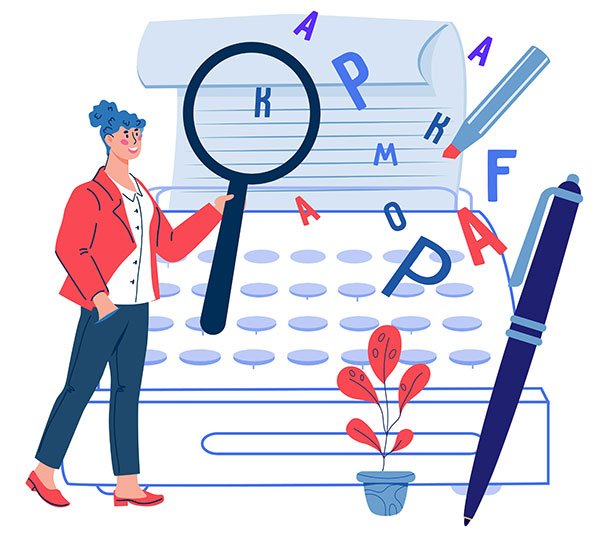
What Tools Can Be Used To Detect AI-written Essays?
As more students turn to technology for help with their essays, it’s essential to ensure academic integrity by detecting the cheats.
Fortunately, there are tools available that can help with this!
One popular tool is Turnitin, which is widely used by universities and schools to detect plagiarism in student work. Turnitin compares the essay to existing online sources and previous papers submitted to the system. The piece will be flagged as potential plagiarism if a significant overlap is detected.
Another tool is GPTZero, developed by Edward Tian of the University of California, Berkeley’s Graduate Program in Creative Intelligence. This AI program can detect AI-written essays by analyzing the writing style and syntax of the paper and comparing it to human-written pieces. It can identify patterns and structures unique to human writing that may be missing in an AI-written essay.
Other tools that detect AI-written essays include Copyleaks, Originality, and Grammarly. These tools use a combination of text comparison and machine learning to identify plagiarism and other irregularities in the text.
In summary, various products are available for detecting AI-written essays, including Turnitin, GPTZero, Copyleaks, Originality, and Grammarly. Using these tools ensures that academic integrity is maintained and that students are held accountable for producing original work.
Are AI-written essays plagiarism?
The use of artificial intelligence (AI) to generate essays has become increasingly popular in recent years, leading to debates about whether AI-written essays can be considered plagiarism.
On the one hand, AI-written essays are technically not plagiarism since they are not directly copied from an existing source. Instead, they are created using complex algorithms and machine learning to generate new and unique content.
However, some argue that AI-written essays are still a form of plagiarism because they need more original thought, creativity, and critical thinking expected of human-written essays. In other words, AI-written essays do not reflect the individual student’s knowledge, experience, and perspective, which is an essential part of the learning process.
Ultimately, whether or not AI-written essays can be considered plagiarism depends on the definition of plagiarism used by the institution or instructor. Some institutions may consider it plagiarism if the student did not personally write the essay, regardless of whether it was generated by an AI program or copied from an existing source.
In conclusion, while AI-written essays may not be considered plagiarism in a technical sense, they raise ethical questions about student work’s authenticity and technology’s role in education.
It is essential for educators and students to have open discussions about these issues and to carefully consider the implications of using AI-generated content in academic settings.

Can schools and colleges detect AI-written essays?
The rise of AI-written essays has led to concerns about whether schools and colleges can detect them. While plagiarism detection software like Turnitin and GPTZero are currently available and can help identify AI-written essays, there still needs to be more certainty about how effective these tools are at detecting sophisticated AI-generated content.
On the one hand, AI technology is becoming increasingly sophisticated, making it more challenging to distinguish between AI-written essays and those written by humans. As a result, some argue that more than detection tools may be required to identify all instances of AI-generated content.
On the other hand, many academic institutions have invested in state-of-the-art detection tools capable of identifying a variety of specific markers present in AI-written essays, including plagiarism, superficiality, and lack of originality. Additionally, educators can use other methods like interviews or oral exams to detect potential cases of AI-generated content.
While there is no foolproof way to detect AI-written essays, academic institutions are taking steps to combat academic dishonesty and ensure the learning process’s integrity. Educators must stay up-to-date on the latest detection technologies and work with students to promote academic honesty and integrity.
Students must exercise caution when using AI-written papers as substitutes for manually written ones. Those found using AI-written papers could face academic penalties, including a failing grade for the paper in question.

